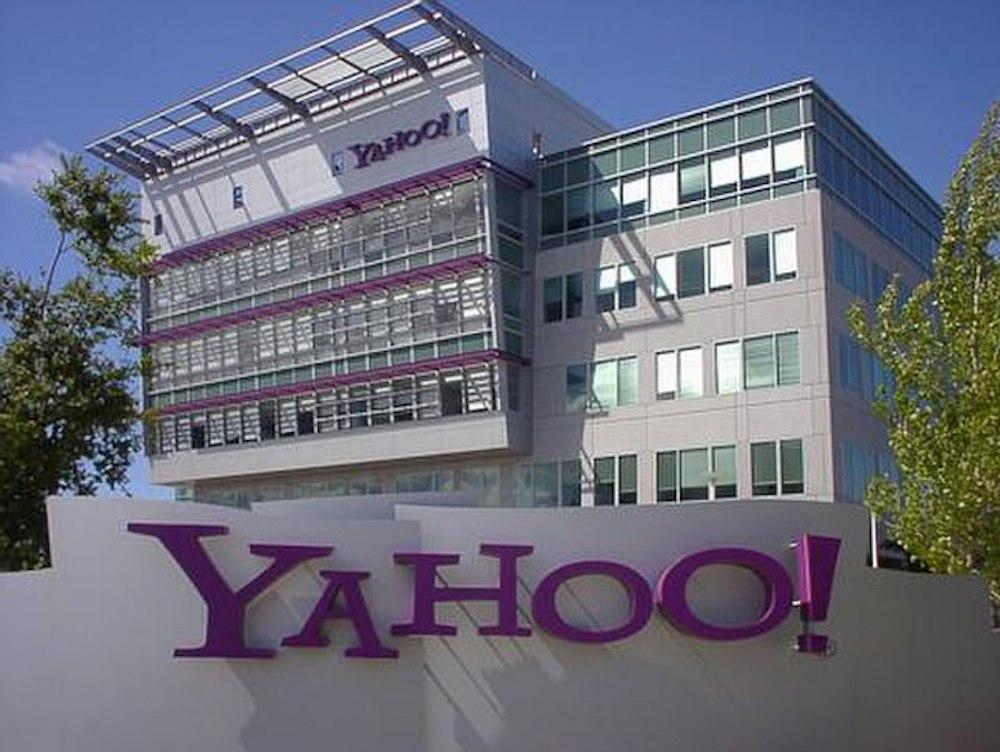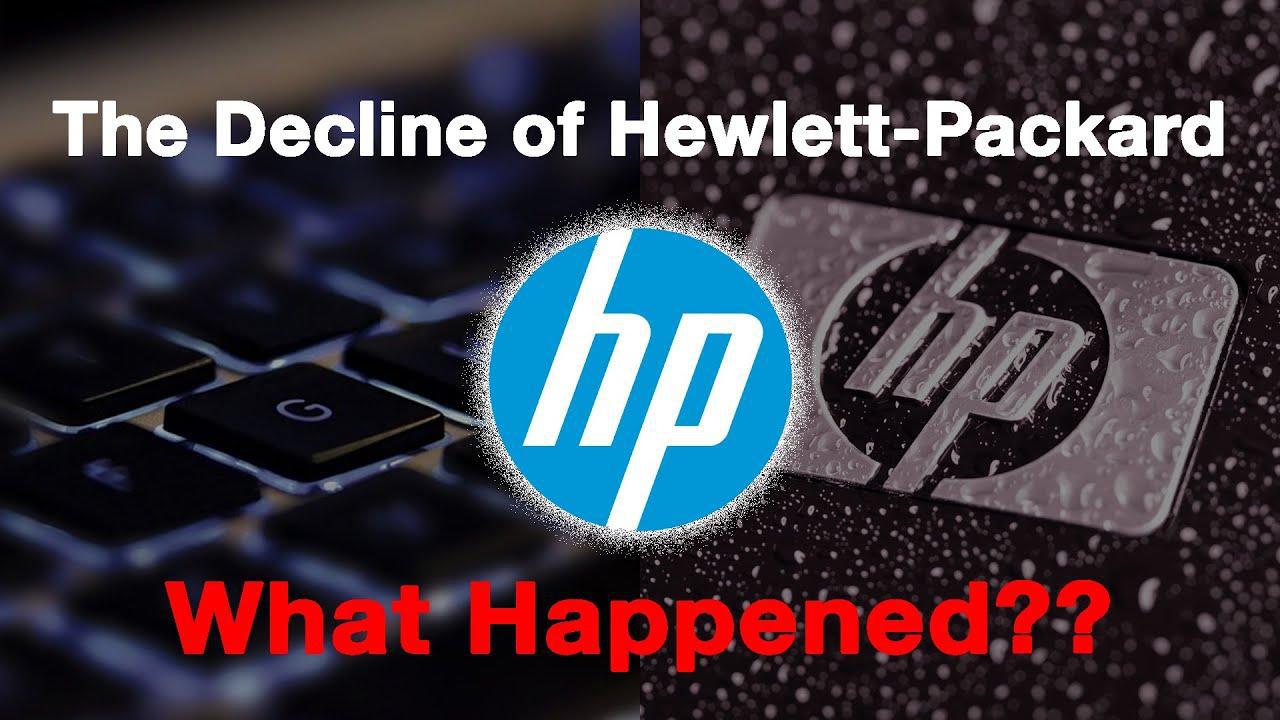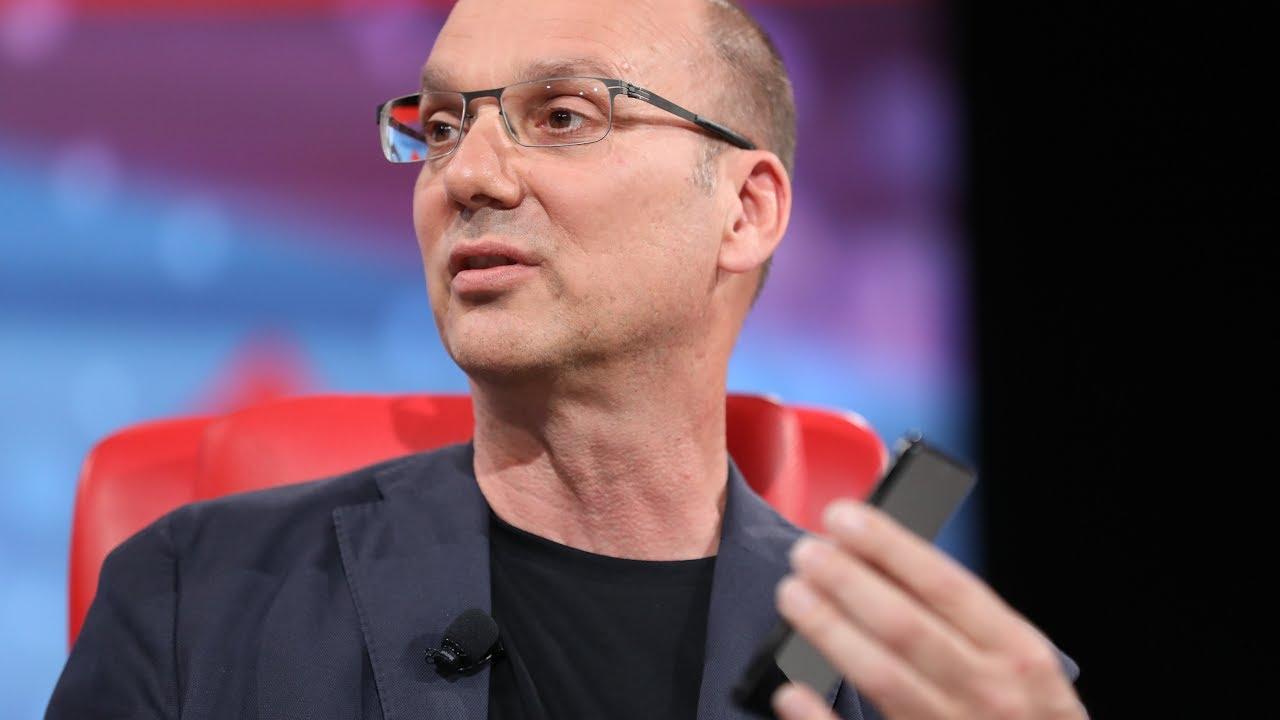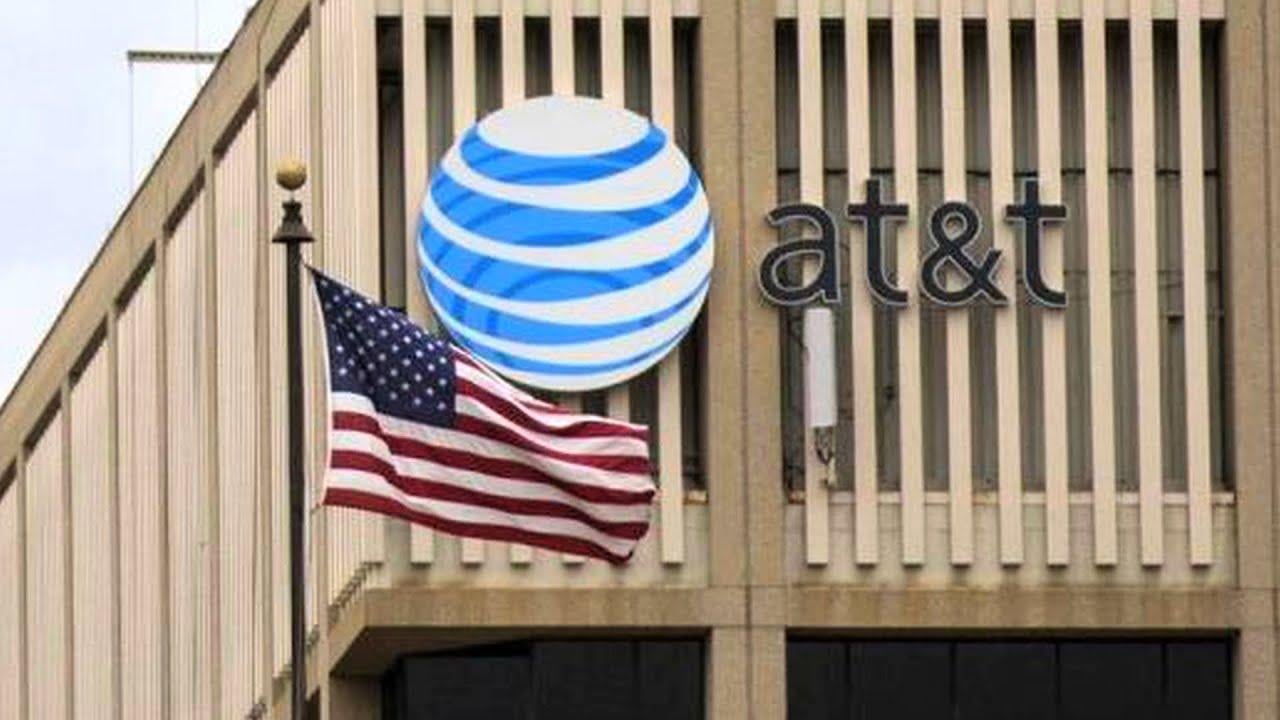All Time Famous and Controversial Tech Scandals
Big Tech has been embroiled in scandals for decades. The controversies range from privacy violations to data breaches and toxic workplace culture. As a result, many of these companies have come under scrutiny from the public and regulators. Sometimes, they get away with it, and sometimes, their reputation is forever tarnished, as is the case for many of these instances.
Here are the worst tech scandals that rocked the world and show the dark side of technology and perhaps even a darker side of the masterminds behind them.
Therapy Gone Wrong
Back in the 80s, a radiation therapy machine called the Therac-25 went totally wrong. Although the machine was designed to help cancer patients, it did the opposite since it caused radiation overdoses in many patients.

Source: Unsplash, Alexander Grey
Because of errors that had to do with the machine’s hardware and software, many people who used the machine for treatment got dangerously high doses of radiation, which caused injuries and even fatalities in some cases.
WorldCom’s accounting fraud
The world was shocked when once-reputable telecommunications company WorldCom was revealed to be a sham. It turns out WorldCom was responsible for a huge scandal in the accounting world.

Source: Reddit, u/justsomestubble
They had been secretly carrying out fraudulent accounting practices for years and taking home an inflated number of earnings that amounted to more than a whopping $11 billion. They did this by altering financial statements, fooling investments, and making it appear like they were still totally profitable.
A Whistleblower Blows the Lid Off Enron
Utility and energy-trading company Enron managed to pull off one of the most infamous accounting frauds of all time, and they might have gotten away with it if it wasn’t for a whistleblower letting written by the VP, Sherron Watkins.

Source: Reddit, /MoneyMeasurement1025
After falsely inflating Enron’s revenues with crooked accounting practices that made it appear as though the company was the seventh biggest corporation in the U.S., execs and their dirty deeds were revealed, and the company soon after filed for Chapter 11 bankruptcy in 2001.
Nina Reiser’s Untimely Demise
What’s more scandalous than murder? When Nina Reiser, an American originally born in Russia, was killed in California, her husband Hans Reiser was put under a microscope and investigated.

Source: Youtube, Crimebox
Reiser was a well-known computer programmer at the time, and when he was convicted of murdering her and sentenced to time in prison, it took the tech world by storm. After choking her using a technique he learned from years of practicing judo, he hid the body in a duffle bag and buried her in a nearby park.
Samsung is on fire…literally
When the Samsung Note 7 was released in the summer of 2016, fans of the brand fell in love with the phone. However, a month after the device was released, something out of a sci-fi movie started happening when defective phone batteries caused the phones to overheat and explode.

Source: Youtube, Insider Business
Imagine using your phone and having it randomly catch fire! Even after switching their battery suppliers, the replacements caught fire as well. Apart from the humiliating memes, Samsung’s reputation was also shambled.
Volkswagen shifts attitude with #Dieselgate
Diesel emissions tests are critical since they monitor the amount of harmful pollutants emitted into the air. Volkswagen found a way to cheat their emissions inspection when they installed software that detected when vehicles were tested and hence altered the engine’s performance to meet the standards of the EPA.

Source: Youtube, The Verge
When they weren’t being tested, pollutants were spat out 40 times higher than the legal limit. Although millions of vehicles were recycled (a $33.3 billion mistake), the environmental impact can never be fixed.
Facebook Doesn’t Understand Consent
We’ll never forget Mark Zuckerberg’s face when he testified in front of Congress for partnering with company Cambridge Analytica – a move he’ll likely forever regret. After it was revealed that the British consulting firm mined personal data from tons of Facebook users without consent, the social media company was fined $5 billion.

Source: Youtube, Guardian News
This scandal contributed to an ongoing discussion about consumer privacy in tech, and got even juicier when a whistleblower in 2021 claimed that Facebook intentionally put profits over privacy and knew what was happening.
Theranos Couldn't Swing It
Although Elizabeth Holmes was once regarded as the Steve Jobs of her generation, she soon became the laughingstock of the tech world. Her company, which was said to revolutionize blood testing, ended up being a total scam that resulted in over a decade of prison time.

Source: Reddit, u/WannoHacker
Her company, which is detailed on the TV show “The Dropout,” claimed to need only a pinprick of blood to perform hundreds of tests, but in reality, she defrauded investment to the tune of over $700 million when it was revealed that the tech didn’t work.
Snowden Exposes the NSA
In 2013, Edward Snowden took on the NSA, releasing confidential documents that proved that the National Security Agency and other global surveillance programs were covertly accessing Yahoo and Google’s servers.

Source: Youtube, The Guardian
Snowden’s big reveal showed that the NSA was either getting assistance from tech companies or hacking into them to get access to texts, video chats, and emails, both domestically and worldwide. He fled to Russia to steer clear of prosecution and is seen as a hero by some and a traitor by others.
Ashley Madison Breach Cheats the Cheaters
For some, the idea of cheaters being brought to justice is totally fair. Still, when hackers released tons of personal data on the infidelity-based website Ashley Madison, it was a major breach of privacy regarding some seriously sensitive data.

Source: midjourney
Hackers threatened to release user info if the site didn’t shut down immediately, but the site went ahead and kept operating despite users being shamed publicly. If there was ever a site that should invest in better security, it should be one based on affairs!
Takeover of the Cryptoqueen
In 2016, a woman called Ruja Ignatova launched her own cryptocurrency called OneCoin. Sounds normal. The catch is after she marketed it to be a revolution in the world of investment opportunities, it was revealed to be a huge Ponzi scheme.

Source: Youtube, OneCoin
Ignatova went off the grid in 2017, and investigators soon learned that the founder and her company defrauded investors all over the globe for billions of dollars.
Yahoo! Gets a Journalist Arrested
In 2005, a Chinese journalist called Shi Tao was sentenced to a decade in prison. The sentencing came after he leaked a Tiananmen memo to a human rights forum, which there were apparent Chinese government restrictions on.

Source: Wikimedia, gaku
Many tried to get Tao justice, calling his punishment unfair, but the situation was made even trickier when it was revealed that Yahoo! provided the Chinese government with Shi’s personal information, which was used for his arrest.
Juicero Fooled us All
Upon first glance, Juicero’s $400 juicer looks like something designed by Apple, but it was a lot less high-tech than you’d think. Chaos broke loose after consumers and pros discovered that the ridiculous price tag was unfounded.

Source: Youtube, Juicero
It was discovered that the juice packets it squeezed could be squeezed manually by hand – much more quickly, no less! Hence, the machine (and its exorbitant cost) were totally unjustified. The result? A widely mocked company that ended up shutting down.
Apple Tax Troubles in Ireland
The European Commission ordered Apple to pay the Irish government $14.5 billion US in unpaid taxes in 2016. The Commission stated that Apple could evade taxation on EU income by creating all of its earnings to an Irish head office.

Source: Canva Pro / Daboost / Umer Awan Pk from Umer Awan PK
The catch was that this office didn’t exist in real life – just on paper. Apple contractors also claimed to have regularly heard sensitive info when they were “grading” speech assistant Siri and some of it was private medical information!
“No Fake Friends” Instagram
Based on a survey conducted in 2019, over 50% of IG accounts in the United Kingdom engaged in fraudulent undertakings, including purchasing fake likes, followers, and comments.

Source: Canva Pro/ SrdjanPav from Getty Images Signature
Everyone from high-profile celebs to influencers and reality television personalities was caught buying fake followers on the social media platform. Meta, the parent company of Instagram, has already announced that it will use new tech to fight fake comments and likes, but we have yet to see that happen.
Sony Rootkit Scandal
Sony BMG faced tons of scandal after it came to light that the company integrated a rootkit, which is copy-protection software, onto tons of CD titles. The hidden digital rights management software was controversial in terms of security concerns.

Source: Youtube, VWestlife
As a consequence, Sony had to juggle lawsuits, recalls, and general backlash that really made their reputation take a hit. The transparency of digital rights management has since been a topic of dispute in the world of tech.
HP hires a SPY
In 2006, the chairwoman of HP, Patricia Dunn, utilized security experts to look into an information leak. In turn, these security specialists employed private investigators, resulting in some seriously shady tactics.

Source: HP hires a SPY
One of them was pretexting, which involved impersonating journalists and members of the board to get their hands on private phone records. Dunn played dumb, and although she got away with it, with criminal charges ultimately being dismissed, California now has new laws against pretexting.
The Foxconn tragedy of 2010
Any tech junkie is probably familiar with Taiwanese electronics company Foxconn, which manufactures gadgets for well-known tech giants such as HP and Apple. But their reputation suffered when over 14 workers tragically took their own lives.

Source: Reddit u/corvish_
This was due to harsh, inhumane conditions at their factory in China that manufacturers phone, tablets, and more. Despite enduring 12-hour shifts almost every day of the week, the only thing that Foxconn did was install safety nets, slightly increase wages, and force employees to sign contracts that promised they wouldn’t commit suicide.
Equifax leaves customers exposed
In 2017, one of the United States’s most popular credit reporting agencies experienced a massive data leak, leaving the private financial info of almost 147 million customers out for everyone in the public to witness. We’re talking names, Social Security numbers, addresses, and other info that could cause fraud and identity theft.

Source: Youtube, Click On Detroit | Local 4 | WDIV
The company ultimately agreed to pay $575 million, part of which included a fund that would allow consumers to bounce back from the blow of the breach.
WorldCom deceives investors
A couple of decades ago, WorldCom was the second-biggest long-distance phone company in the United States. This record was soon overshadowed by them being the most major accounting scandal. Well, that is, before 2008, when Bernie Madoff championed that title.

Source: Youtube, Company Man
Still, WorldCom was responsible for an $11 million accounting fraud, which caused the company’s stock price to plummet and cause destruction for investors everywhere. In 2005, founder Bernie Ebbers was convicted of securities fraud and conspiracy.
Uber disgraced with toxic workplace environment
Uber isn’t exactly known for prioritizing the welfare of its employees and maintaining a healthy, boundary-filled culture in the world. Instead, their name has become synonymous with discrimination, sexual harassment, and other toxic practices. They also sought revenge over those who spoke out about this harassment.

Source: Youtube, Uber
This news was revealed in 2017, and despite several prominent members at the company ultimately resigning and over 20 employees being fired, Uber has somehow managed to keep running and reclaim its tarnished reputation.
WeWork Doesn’t Work
Although the humans behind this overhyped company posed an attractive, party-person facade that lured many in, WeWork’s business model was ultimately flawed and poorly managed, resulting in more losses than wins and resulted in failure.

Source: Youtube, WeWork
After the CEO was removed, their IPO attempt failed and the $47 billion valuation plummeted drastically. The age of WeWork was no more. They even made a dramatized TV show about the disaster starring Jared Leto and Anne Hathaway, dubbed “WeCrashed.”
Embarrassing expenses at Savvis
While Robert McCormick, the ex-CEO of IT company Savvis, didn’t exactly defraud investors for billions, his humiliating acts of debauchery and what he considered to be “expenses” have landed him on this list.

Source: 123RF, Pinxmils
After McCormick and his colleagues spent $241,000 on a company credit card at an NYC topless bar, he was given the nickname of “The Lap Dunce.” We can safely say that is not on the list of acceptable company expenses and that he’ll never live down that nickname.
The Little Nikola Truck that Couldn’t
An electric truck start-up called Nikola Motors was under fire in 2020 after investors and the public learned that they were misled about just how capable these vehicles were. Although hyping your products is a clever marketing tactic that can earn you greater cash upfront, it can ruin your reputation and leave you paying back investors.

Source: Youtube, InGear Media
Founder Trevor Milton also lied about the fact that Nikola trucks were made 100% with proprietary technology when, in fact, they used parts from various suppliers in Europe and Michigan.
Google’s Antitrust Issues
Although most people use Google as their search engine of choice, Google still has competitors, and they’re not afraid to play dirty in an attempt to wipe them out. Google was fined $2.7 billion in 2020 by the EU for exploiting its choice as a popular search engine, promoting its own service over those of competitors.

Source: Youtube, Travel and Adventure
They were also accused of using an operating system that stops device makers from pre-installing services and apps from competitors. Google also has a sordid history of amassing user data – without the knowledge and consent of said users.
Tesla’s Questionable Autopilot Tech
Back in the day, everyone wanted a Tesla. They were sleek, silent, and better for the environment. Best of all, they practically drove themselves with their autopilot technology. Although the feature was designed to make drivers’ lives easier, it’s led to tragic events, like cars crashing into tractor-trailers.

Source: Youtube, Tesla
When Tesla was investigated, it was determined that the company didn’t provide sufficient safety measures. The feature might appeal to some, but relying too much on tech can cause severe dangers, and this scandal proves it.
The Google Exec Gets Caught in Sex Scandal
Google doesn’t have a squeaky-clean reputation, and they proved that when they paid Andy Rubin a $90 million exit sum in 2014, even after he was accused of coercing a woman into giving him oral sex in a hotel room the year before his exit.

Source: Youtube, Recode
This was also after they discovered bondage sex videos on the computer he used for work. Instead of firing him for this and the sexual misconduct allegations, which were found to be true, they paid him handsomely.
AT&T Whistleblower outs the NSA
A former AT&T tech got himself in hot water after he discovered a secret room that routed traffic from the internet directly to the NSA. And he had documents to back those claims up.

Source: Youtube, Democracy Now!
The program was called “Room 641A,” and the technician, Mark Klein, let the NSA access its network, allowing their customer data to be collected illegally. Room 641 was only one of many hidden rooms tucked away deep in central offices all over the country, using computer gear to help the government spy.
2019 Surprise Mechanics EA Scandal
EA Games found themselves with legal issues when they dubbed the ethically questionable loot boxes in their games as “surprise mechanics.” Loot boxes are a source of revenue for the brand and are considered to be a form of gambling by many countries, as well as a factor that can contribute to gambling behavior.

Source: Youtube HeelvsBabyface
The loot boxes are controversial since the company doesn’t reveal the offs of users getting them, which causes folks to spend ridiculous amounts of cash on them. We can see how that would cause an issue, especially with underage kids…
2023 Xbox Acquiring Activision
This scandal happened more recently when Xbox acquired video game publisher Activision for $69 billion. The main controversy over Xbox’s strategic move was personal financial gain and greed.

Source: Youtube, VVaby
It’s sparked a discussion on the ongoing industry competition and consolidation issue. Along with being known for fighting union efforts whenever possible, Activision has had lots of claims regarding sexual misconduct and toxic work culture with an overall “frat boy” vibe.
